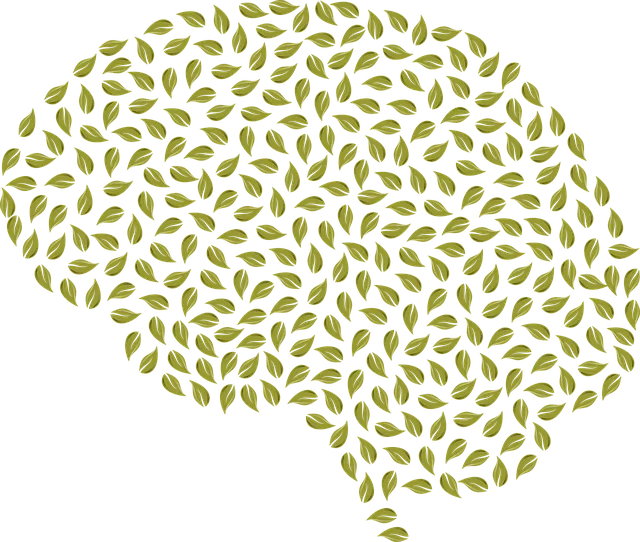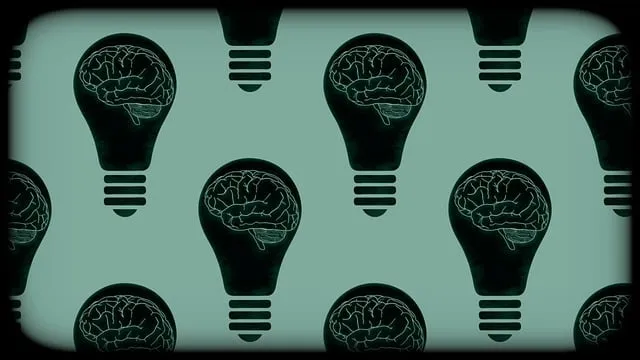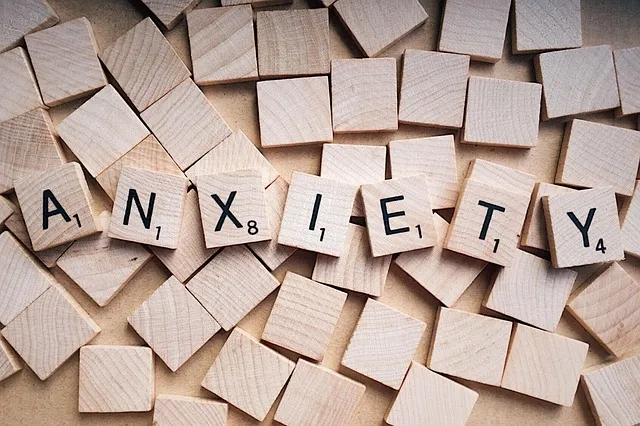Resilience Building Exercises (RBE), integrated into programs like those offered by Kaiser Westminster, effectively reduce stress, anxiety, and symptoms of depression and PTSD. These exercises enhance psychological flexibility and overall mental well-being. Kaiser Westminster provides resources such as counseling sessions and mental health education programs focusing on conflict resolution, compassion cultivation, stigma reduction, and communication strategies. Their RFM framework teaches individuals to navigate life's challenges, build resilience, and access mental health services for long-term well-being.
“Unleashing resilience is a powerful step towards a healthier, happier life. This article guides you through the transformative journey of RFM (Resilience, Flexibility, and Mastery) and its implementation as a strength-based approach to well-being. We explore how accessing mental health services through Kaiser Westminster can empower individuals to build resilience, offering practical steps for personal growth. Discover strategies to enhance your resilience and learn why this holistic method is a game-changer for navigating life’s challenges.”
- Understanding RFM and Resilience Building Exercises
- Accessing Mental Health Services through Kaiser Westminster
- Implementing RFM for Enhanced Resilience and Well-being
Understanding RFM and Resilience Building Exercises

Resilience Building Exercises (RBE) are designed to help individuals cope with stress, anxiety, and other mental health challenges by fostering adaptability and emotional strength. This type of exercise goes beyond traditional physical fitness routines, focusing on enhancing psychological flexibility. RBE can include techniques like mindfulness meditation, cognitive reframing, and problem-solving skills training, which have been shown to reduce symptoms of depression, post-traumatic stress disorder (PTSD), and other mental illnesses.
By understanding the concept behind RFM—a framework that integrates resilience, flexibility, and mental health services—individuals can better navigate their mental wellness journeys. Kaiser Westminster, for instance, offers resources and programs aimed at promoting mental health, including stigma reduction efforts and effective communication strategies. Incorporating RBE into one’s routine can significantly contribute to mood management, enabling folks to build a buffer against life’s challenges and maintain good mental health, especially when seeking guidance through services like those provided by Kaiser Westminster.
Accessing Mental Health Services through Kaiser Westminster

Accessing mental health services through Kaiser Westminster is a valuable resource for individuals seeking support for their psychological well-being. The healthcare provider offers a range of resources designed to cater to diverse mental health needs, from counseling sessions with licensed therapists to specialized programs tailored to specific concerns. Understanding how to navigate these services can be crucial in building resilience and fostering personal growth.
Kaiser Westminster’s comprehensive Mental Health Education Programs Design include workshops on various topics such as conflict resolution techniques and compassion cultivation practices. These initiatives empower individuals with practical tools to manage stress, overcome challenges, and enhance their overall mental fortitude. By actively participating in these programs, one can develop a deeper understanding of their mental health landscape, thereby strengthening their ability to navigate life’s complexities and build resilience.
Implementing RFM for Enhanced Resilience and Well-being

Implementing RFM (Resilience, Flexibility, and Mindfulness) practices has emerged as a powerful strategy to enhance mental wellness among individuals seeking support through Kaiser Westminster or similar healthcare providers. This approach focuses on equipping people with essential tools to navigate life’s challenges and promote overall well-being. By integrating RFM into mental health education programs design, healthcare professionals can foster an environment that cultivates resilience from within.
One of the key benefits is its ability to improve social skills training, enabling individuals to build stronger connections and cope with stress more effectively. Through various exercises, such as mindfulness meditation and cognitive reframing, participants learn to recognize and manage their emotions, fostering a sense of control. This proactive approach not only complements traditional therapy but also empowers folks to access mental health services in a holistic manner, leading to better long-term outcomes.
Resilience is a key component of overall well-being, and implementing resilience-building exercises (RFM) can significantly enhance an individual’s ability to navigate life’s challenges. As discussed, Kaiser Westminster offers accessible mental health services that facilitate this process. By combining RFM with professional support from healthcare providers, individuals can develop strong coping mechanisms and improve their mental health outcomes. Understanding how to access these services is a vital step towards building resilience and fostering a healthier, more balanced lifestyle.






